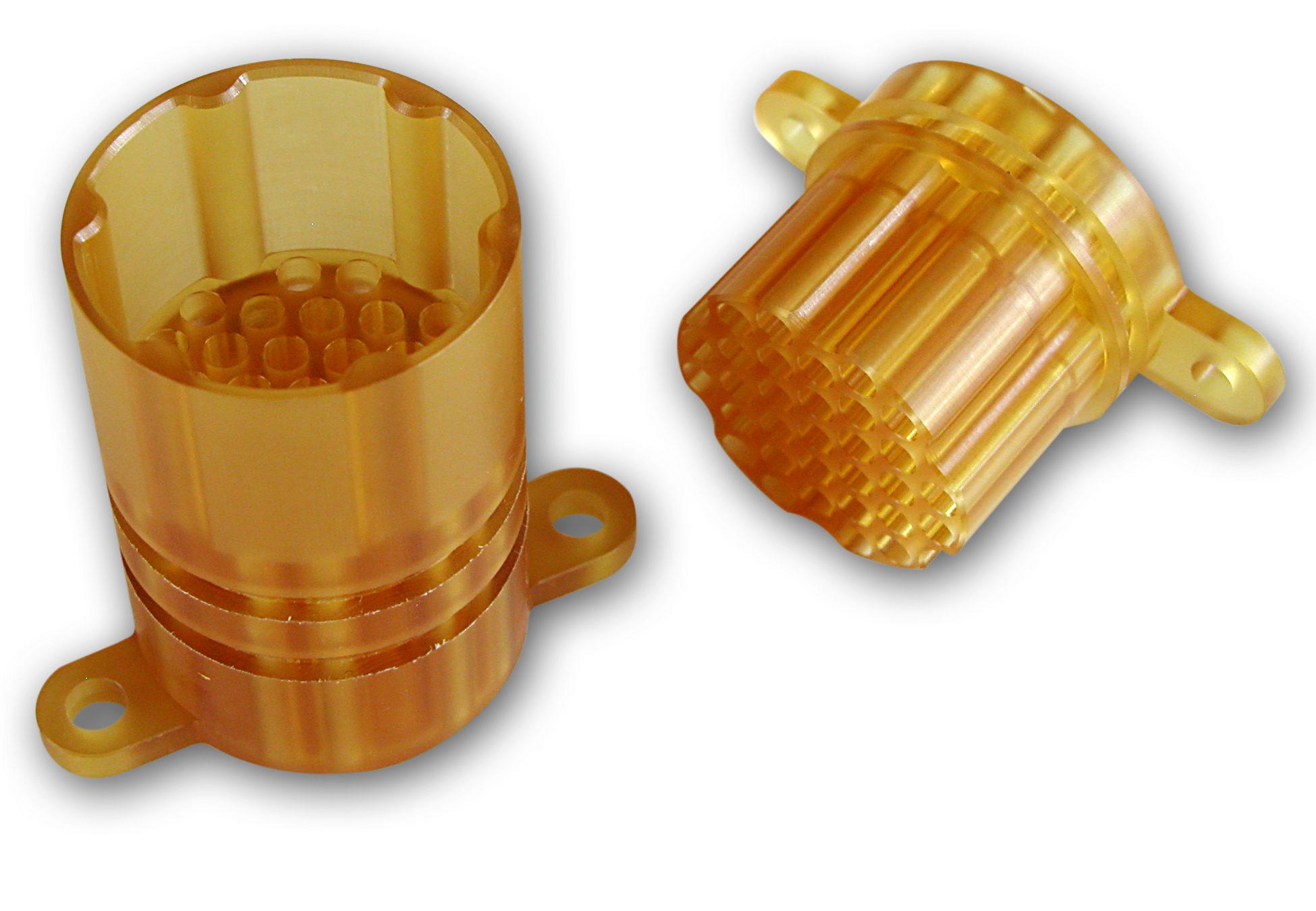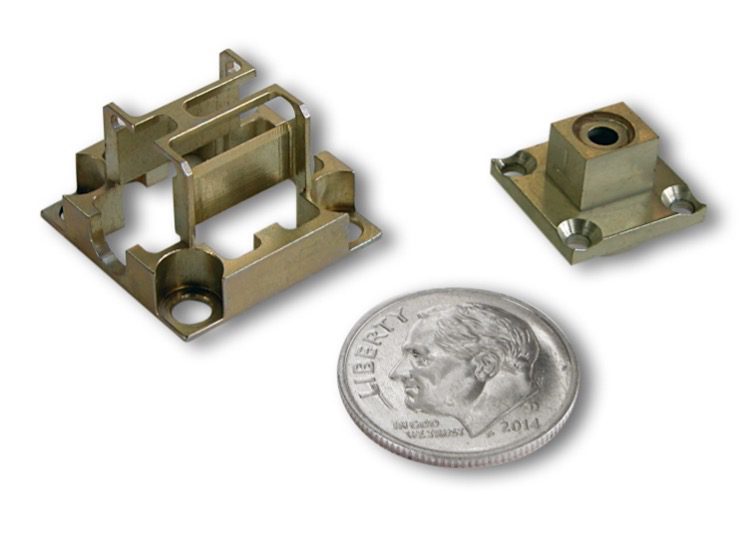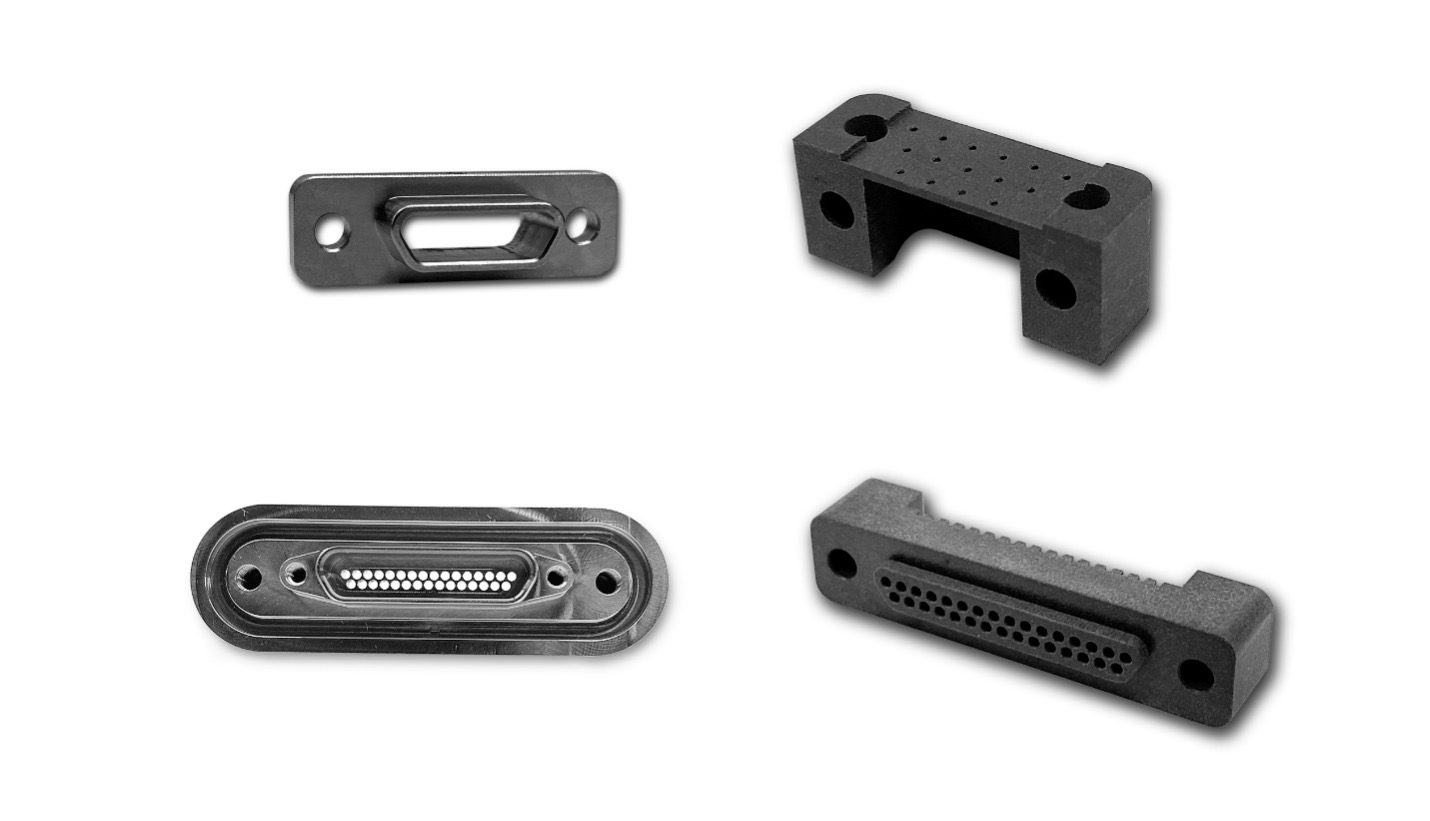Connector Housings Provide Crucial Component Integrity
Also known as shells, backshells, blocks, or bodies, these sub-components are much more than just a simple piece of metal or plastic.

Housings are the metal or plastic portions that encompass the raw connector. They may also be referred to as shells, backshells, blocks, or bodies. But let’s not oversimplify things. These sub-components are much more than just a simple piece of metal or plastic – they are critically important to ensuring the integrity of the complete connector assembly.
Connector housings provide crucial component integrity, protecting the internal parts of the connector and ensuring a complete and secure mated connection in an electronic circuit. In many industries, such as aerospace, defense, automotive, transportation, and medical, the continuity of connectivity could mean the difference between life and death in the electronic systems that depend on interconnects. To be effective, connector housings require the utmost precision in their creation. A supplier that has strong precision machining capabilities can produce high-quality housings that ensure consistency in production, installation, and performance.
Choosing a sub-component supplier
Make sure the contract manufacturer’s facilities and equipment are optimized to serve the electronic interconnect market. This may be obvious, but optimized operations enable the supplier to achieve timely production, quality service, and competitive prices for everything from prototypes to high-volume lot quantities. Some consumer-grade, non-mission-critical connectors use a stamped design to create connector shells, but stamped connectors simply do not offer the same performance characteristics required for demanding application environments. Look for manufacturers that have experience with the type of connector you need and with the end application you are designing.
Full-service offerings: manufacturing sub-components and managing plating
More and more connector OEMs are seeking a supplier that can coordinate both the manufacturing of subcomponents and related outside processing, such as plating. Many electrical connector housings require plating for corrosion resistance and longevity, and a supplier who offers the full range of services greatly simplifies the process for the customer by eliminating the need to manage multiple contractor manufacturers. A full-service supplier can coordinate all third-party components on the customer’s behalf, providing a comprehensive offering that delivers peace of mind with the knowledge that a high-quality product will be delivered on time.

Experience with materials
Housings can be made from a variety of materials, including stainless steel, aluminum, titanium, and polyphenylene (PPE). Metal connector plating options include electroless nickel, cadmium over nickel, and a full range of anodized options, to name a few. Choose a supplier that has experience with different materials, material traceability, and has experience in effectively managing any plating-related dimensional allowances.

Efficiency with different mixes and volumes
Highly specified connectors are often produced in relatively low volumes. These smaller lot sizes are most effectively produced through a well-designed lean manufacturing system. Connector housing volumes can range from 25 to 10,000+ pieces and working with a supplier that operates under a flexible and lean manufacturing system helps efficiently produce all required quantities.
Responsive quoting
Speed can be a true differentiator in the connector market. Quotes should be returned within 24 to 48 hours, and typical turnaround times are ideally four to six weeks from order receipt, depending on the level of outside services required.
Quality is a top priority
Providing quality products is the mission of a reliable supplier. Quality is extremely important and must be taken very seriously. Look for a supplier with built-in quality systems, such as ISO 9001:2015 and AS9100:2016 Rev D, within their facilities. Suppliers should also have experience with the standards and regulations that are relevant to your application. For connectors used in military and aerospace applications, ensure that the supplier is ITAR-compliant and registered with the Directorate of Defense Trade Controls (DDTC). A strategic supplier should be investing resources in processes to constantly monitor and validate the quality and regulatory compliance systems that help ensure consistent product quality.
Making the right decision
Selecting a contractor manufacturer is a decision that should not be taken lightly. It requires trust, but also validation of capabilities. The services being offered should simplify operations and allow the customer’s team to focus on design innovation and core value-added processes. Find a supplier who has experience supporting mission-critical industries and knows the product inside and out. The right partnership will dramatically simplify the supply chain and contribute to the customer’s overall value proposition and success.
Visit Chandler Industries to learn more.
Like this article? Check out our other Connector Basics, Manufacturing, and Materials articles, our Transportation Market Page, and our 2021 Article Archives.
- Connector Housings Provide Crucial Component Integrity - October 19, 2021





